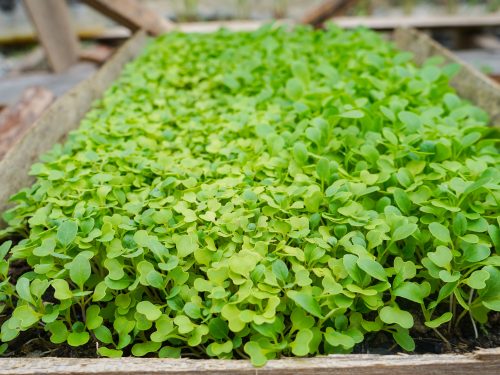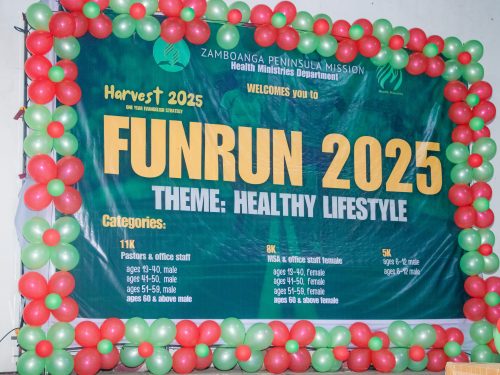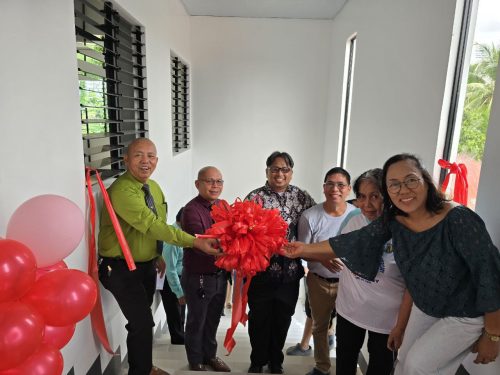SULADS-AMR volunteers promoted sustainable food production in Bagid, an isolated area on Simunul Island, by turning discarded materials into an organic garden. Launched in August, the project addresses poor living conditions stemming from a lack of education on maximizing natural resources. The volunteers not only established this organic gardening initiative and addressed these issues but also taught local residents about gardening.
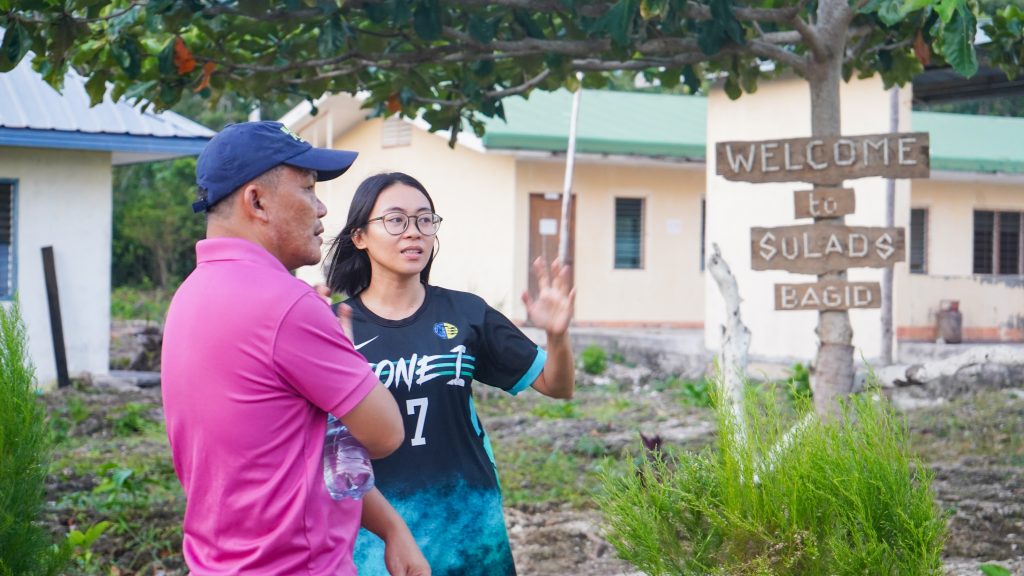
In the past, local residents only made a living by fishing in the Celebes Sea; however, many cannot fish because they lack boats and fishing gear or the weather is bad. Also, limited freshwater and reliance on rain have made traditional farming difficult.
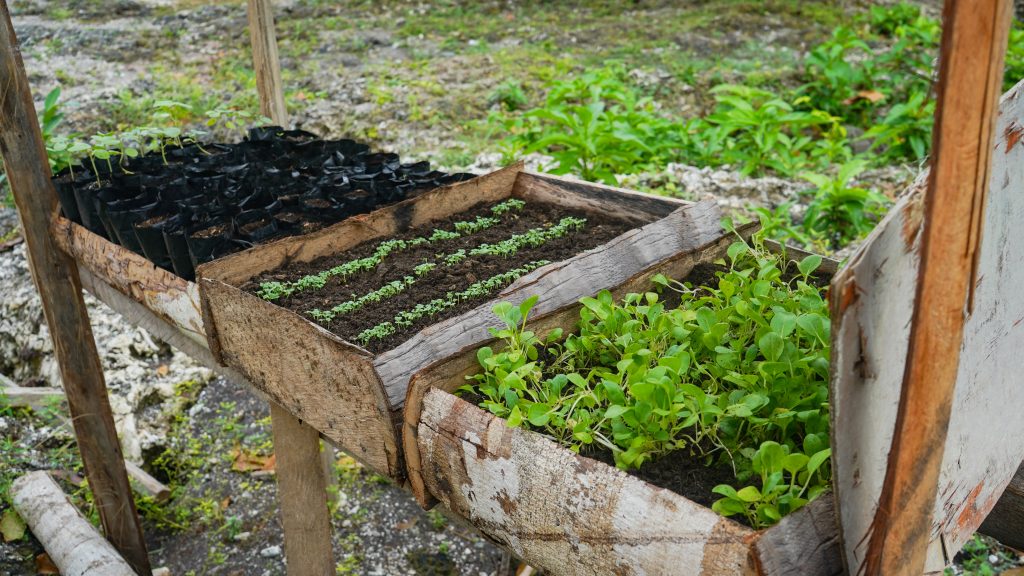
To solve the problem, in August, the volunteers started collecting materials from the area since the land was not suitable for planting. It was mostly sand, rocks, and dried corals, with only a few small spots of topsoil. Fortunately, a new road near the village made it easier to collect topsoil in one place. Some of this soil was taken to the school for potting mix. The volunteers also collected other important materials for the garden, like dried animal manure, sawdust, and unused wood.
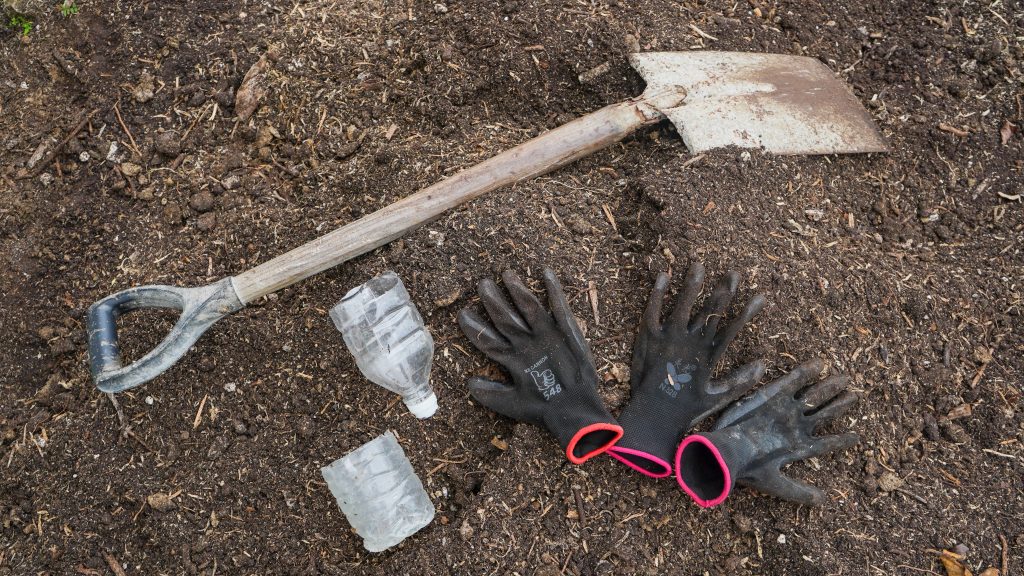
To help seeds grow and provide nutrients, they made organic fertilizers from local materials. They collected fish for amino acids, seaweed for kelp, dried animal manure for tea, and taro leaves for another tea, using molasses as a base. They prepared plots for vegetables like pechay, okra, eggplant, tomatoes, and chili, starting an organic garden at the school that included students and the community.
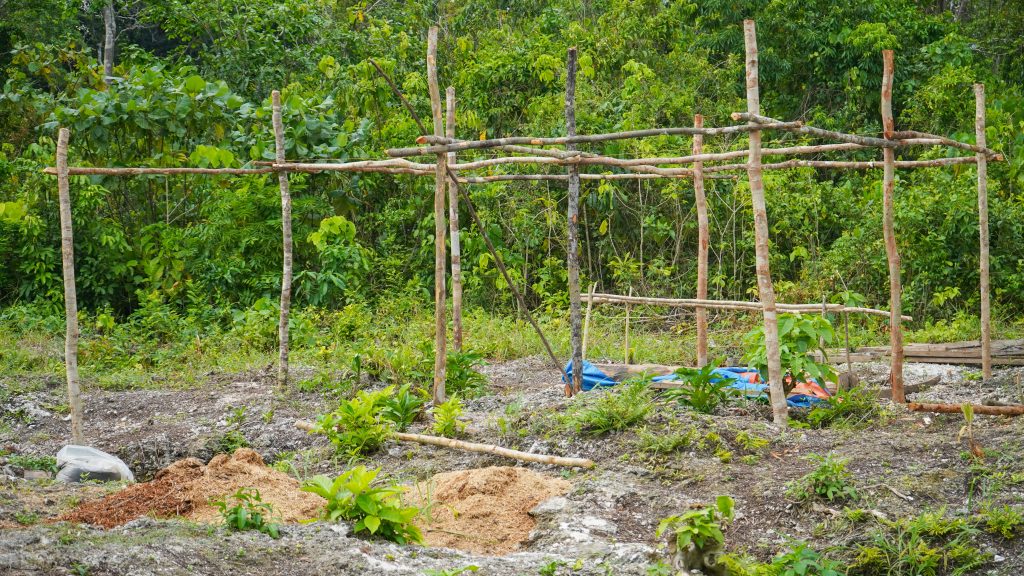
The project became a team effort, using container gardening to save space and self-irrigating bottles to save water. Over 200 waste bottles from the shore were repurposed as pots. The community learned to cut the bottles, fill them with potting mix, and measure the water and fertilizer needed. Seedlings, water, and fertilizer were provided for free.
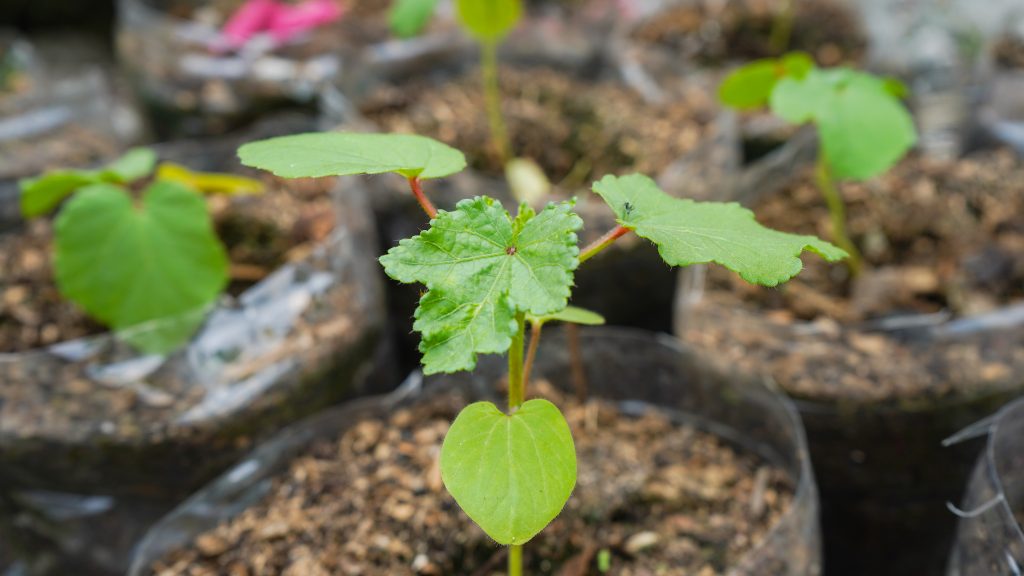
Students and the community were taught how to start this initiative at home, inspired by the BIG FAITH program, which stands for Bio-Intensive Gardening, Food Always in the Home. The volunteers hope this will support the school’s weekly feeding program to combat student malnutrition. To encourage community involvement, they prepared rewards for thriving plants.
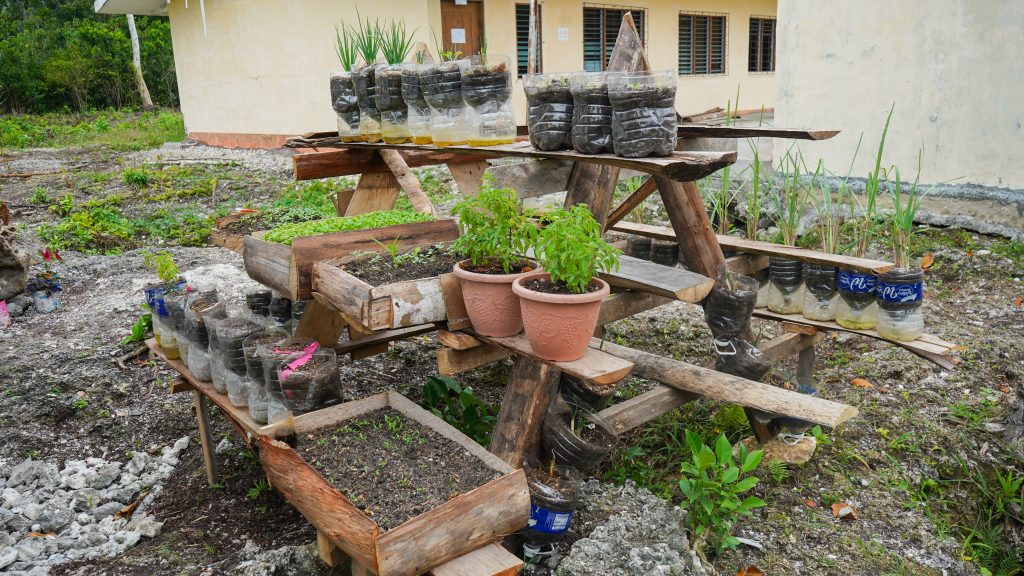
The Municipality of Simunul supports the project and has committed to providing seeds, molasses, and shredders for better efficiency. Volunteers were invited to work with the local government to share their experiences and teach other communities facing similar issues.
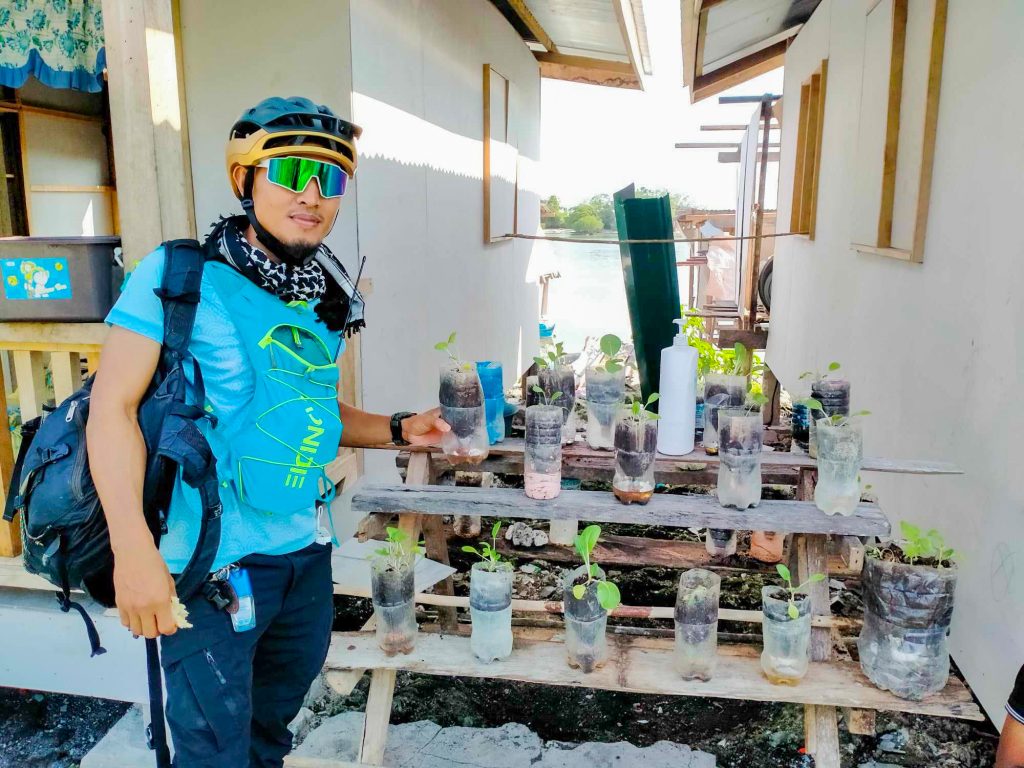
Jovel Pagapong, the project supervisor, explained that when community members ask about his thriving plants, he attributes their success to prayer and believes it’s part of God’s plan. “Success in any line of work does not depend on chance, destiny, or accident but it is the outworking of God’s providences,” he said.
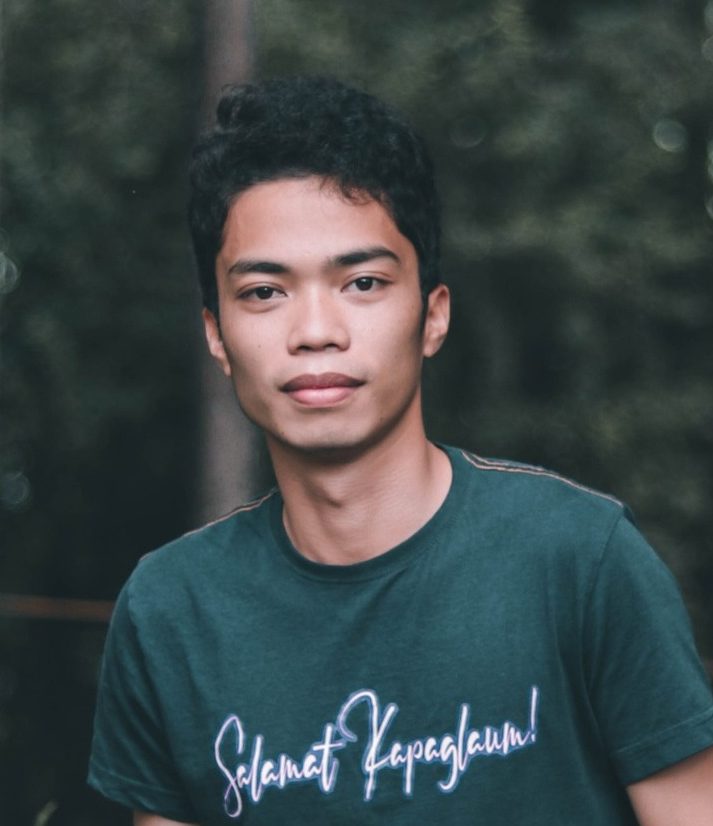
Lens of Hope/Adventist Mission
Zamboanga Peninsula Mission

